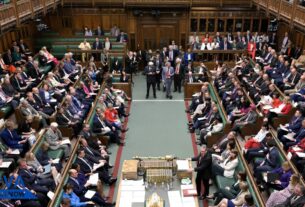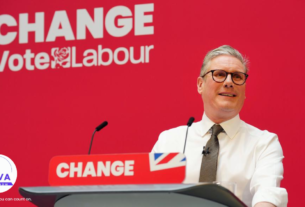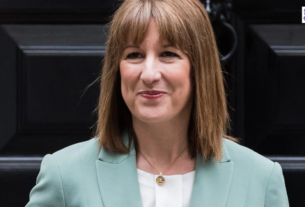In a striking admission, Development Minister Jenny Chapman has said that the British public no longer supports traditional levels of overseas aid, as the government moves forward with deep and controversial cuts to the foreign aid budget. Framing the decision as part of a long-term shift in policy, Chapman described the reduced aid spending as “the new normal.” Her comments come as the government plans to cut the aid budget from 0.5% to 0.3% of national income by 2027, a move that could divert up to £6.5 billion toward defence and intelligence spending over the next few years.
The minister defended the decision by saying that modern development should focus less on sending money and more on forming partnerships, encouraging private investment, and funding large institutions such as the World Bank and Gavi, the global vaccine alliance. However, many aid experts, faith leaders, and charities have pushed back hard, warning that the cuts will have serious consequences for millions of the world’s poorest and most vulnerable people. They argue that the change is not only short-sighted but potentially dangerous, weakening the UK’s global standing and moral leadership.
Faith groups have been particularly vocal in their criticism. Leaders from Christian Aid, CAFOD, and Tearfund have condemned the cuts as immoral and harmful, pointing out that UK aid has saved countless lives over the years through education, clean water, and healthcare projects. The Archbishop of York joined in the criticism, calling the cuts a “betrayal” of the world’s poorest people.
Critics also warn that these decisions could reduce the UK’s influence globally, especially at a time when countries like China and Russia are expanding their presence in developing nations through their own aid and investment programs. Meanwhile, the UK Parliament’s International Development Committee has warned that cutting programmes aimed at conflict prevention and climate resilience may lead to more instability and migration, both of which will eventually cost more to manage than prevention ever would.
While the government argues that the public no longer backs large-scale aid spending, recent surveys show more nuanced views. Many people do still support aid, especially when it is tied to goals like pandemic prevention or long-term stability. What seems clear is that public trust in aid spending is fading, not necessarily because people don’t care, but because they don’t always see where the money goes or what difference it makes.




